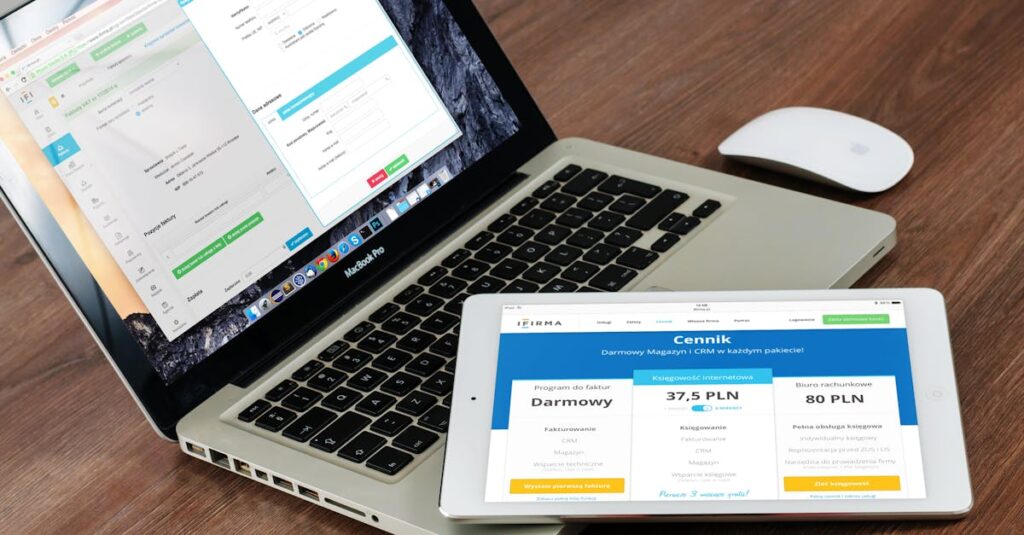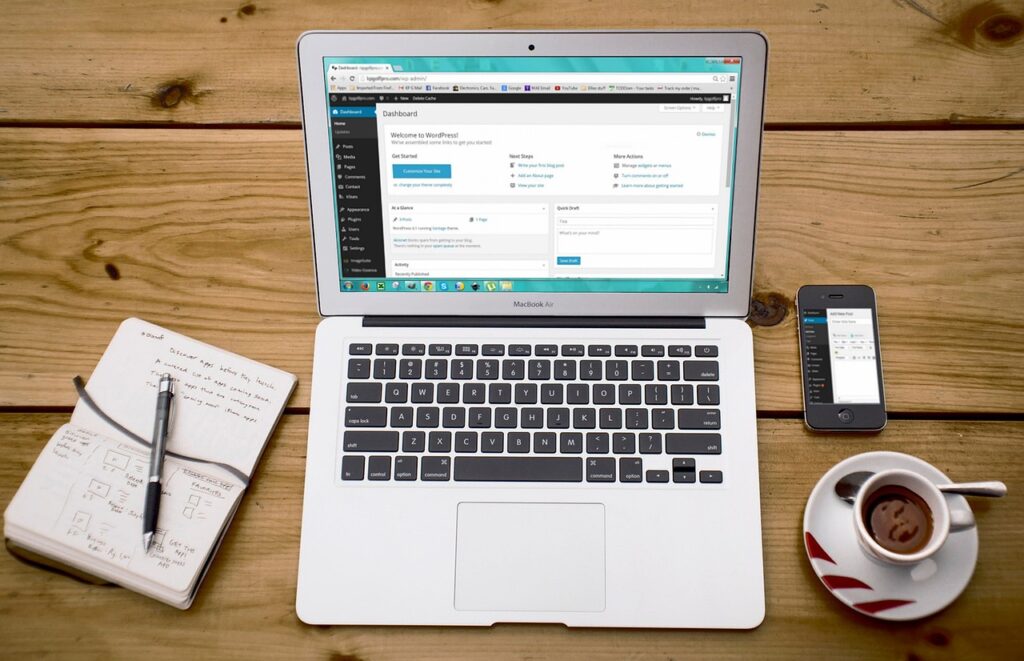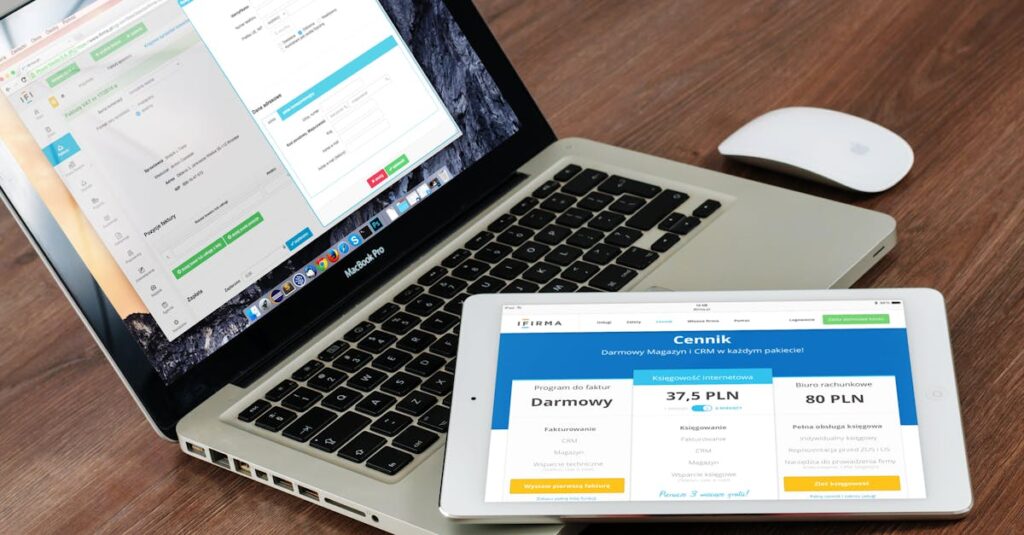Portfolio Website vs. LinkedIn: Which Is Better for 2025?
In today’s digital world, your online presence plays a huge role in career growth. If you’re a professional, freelancer, or business owner, you might wonder: Should I focus on LinkedIn or build a portfolio website? Both platforms have their advantages. But which one is best for showcasing your skills and attracting opportunities? Let’s dive deep into the comparison. What Is a Portfolio Website? A portfolio website is a personal website that highlights your skills, work samples, and achievements. It acts as your digital resume, allowing potential employers or clients to explore your expertise in detail. Benefits of a Portfolio Website 1. Full Control Over Branding 2. SEO Benefits 3. Showcase Your Work Creatively 4. Professional Email and Domain 5. Better Lead Generation What Is LinkedIn? LinkedIn is the world’s largest professional networking platform. It’s designed for job seekers, recruiters, and industry professionals to connect and share insights. Benefits of LinkedIn 1. Networking Opportunities 2. Job Search and Recruitment 3. Professional Endorsements and Recommendations 4. Content Sharing and Thought Leadership 5. Easy Resume Integration Check out LinkedIn’s guide for optimizing your profile. Portfolio Website vs. LinkedIn: Key Differences Feature Portfolio Website LinkedIn Profile Customization Full control Limited to LinkedIn’s design SEO Benefits High (Google rankings) Medium (LinkedIn searches) Lead Generation Excellent Good for recruiters Networking Limited Strong (direct connections) Job Opportunities Moderate High (job postings) Which One Should You Choose? The answer depends on your career goals: Choose a Portfolio Website if: Choose LinkedIn if: Best Strategy? Use Both! Many professionals combine both LinkedIn and a portfolio website to maximize visibility. Here’s how: See how professionals use LinkedIn to grow their careers. FAQs Do I really need a portfolio website if I have LinkedIn? Yes, a portfolio website gives you more creative freedom and SEO benefits that LinkedIn doesn’t offer. Can LinkedIn replace a portfolio website? No, LinkedIn is great for networking, but it lacks customization and branding features. How much does it cost to create a portfolio website? It can range from ₹49 per month for basic hosting to ₹5000+ for premium designs and domains. Can a portfolio website help with job applications? Yes! Many employers appreciate personal websites as they provide more in-depth insights than a resume. Is LinkedIn enough for freelancers? No, a portfolio website is essential for freelancers as it allows better lead generation and branding. Final thoughts Both LinkedIn and portfolio websites have their unique advantages. If you’re serious about your career or business, having both is the best strategy. A portfolio website helps with branding and lead generation, while LinkedIn helps with networking and job searching. Looking to build your portfolio website? Start today and take control of your online presence!
Portfolio Website vs. LinkedIn: Which Is Better for 2025? Read More »








